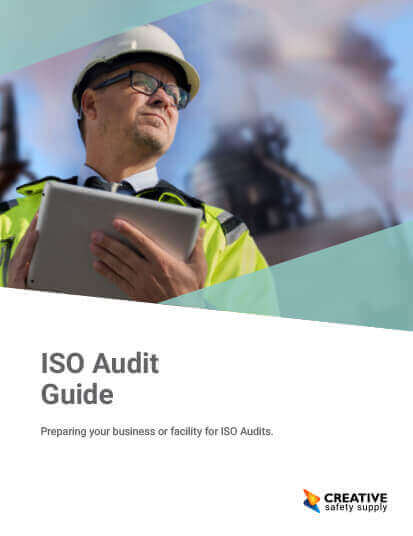
In an interconnected world, international trade is the lifeblood of the global economy. Ensuring products and services meet consistent standards is essential for seamless market access and consumer trust. The International Organization for Standardization (ISO) plays a crucial role in facilitating global trade by establishing universally recognized standards. In this article, we will delve into the pivotal role that ISO standards play in enabling global trade and market access.
Harmonizing Standards for Consistency
ISO standards provide a common language and framework for businesses and organizations worldwide. By establishing uniform criteria for quality, safety, and efficiency, ISO standards help eliminate technical barriers to trade. This harmonization ensures that products and services meet consistent benchmarks, enabling them to move freely across international borders.
Consider a manufacturer producing electronic components. Adhering to ISO 9001 for quality management ensures that their products meet the same high standards whether they are destined for domestic markets or for export to foreign countries. This consistency in quality assurance is essential for gaining market access and competing globally.
Building Consumer Confidence and Trust
ISO certification is a powerful signal of a business's commitment to quality and excellence. When consumers see products or services carrying the ISO mark, they have confidence that these offerings meet internationally recognized standards. This trust is especially critical in industries where safety, health, and reliability are paramount.
Imagine a pharmaceutical company producing life-saving medications. ISO 13485 certification for medical devices provides assurance to healthcare providers and patients that the company adheres to rigorous quality and safety standards. This level of trust is instrumental in gaining market access and acceptance in countries around the world.
Facilitating Compliance with Regulatory Requirements
Many countries and regions have specific regulatory requirements for products and services. ISO standards often align with or exceed these local regulations. This means that businesses adhering to ISO standards are well-positioned to meet the regulatory requirements of various markets. This reduces the need for costly and time-consuming adaptations or modifications to products and processes.
For example, a food manufacturer that complies with ISO 22000 for food safety management is well-prepared to navigate the diverse food safety regulations of different countries. This not only streamlines market access but also demonstrates a proactive approach to regulatory compliance.
Enhancing Competitiveness in Global Markets
In a competitive global marketplace, businesses that demonstrate adherence to ISO standards gain a distinct advantage. ISO certification sets them apart as reliable, quality-conscious partners. This can lead to increased opportunities for international collaborations, partnerships, and contracts. It also positions them favorably in procurement processes where ISO certification is a preferred or required qualification.
Consider a software development company seeking to expand its reach in the international market. ISO/IEC 27001 certification for information security management not only safeguards sensitive data but also differentiates the company as a trustworthy partner for global clients with stringent security requirements.
ISO standards serve as the bedrock of global trade and market access. By providing a universal framework for quality, safety, and efficiency, ISO standards facilitate the movement of goods and services across borders. They instill consumer confidence, streamline compliance with regulatory requirements, and enhance competitiveness in the global marketplace. As businesses continue to operate on a global scale, adherence to ISO standards remains a strategic imperative for success and growth.
Similar Questions
- Why Are ISO Standards Important for Businesses?
- Is it Worth it for Small Businesses to Invest in ISO Certification?
- How does ISO certification impact product quality?
- How does ISO 9001 relate to quality management systems?
- What are some real-world examples of ISO standard implementation?
- What Are Some of the Key Differences Between ISO 9001 and ISO 14001?
- What Are the ISO Standards for Food Safety?
- What Should I Expect in the ISO Certification Process?
- How can ISO 45001 improve workplace safety and health?

